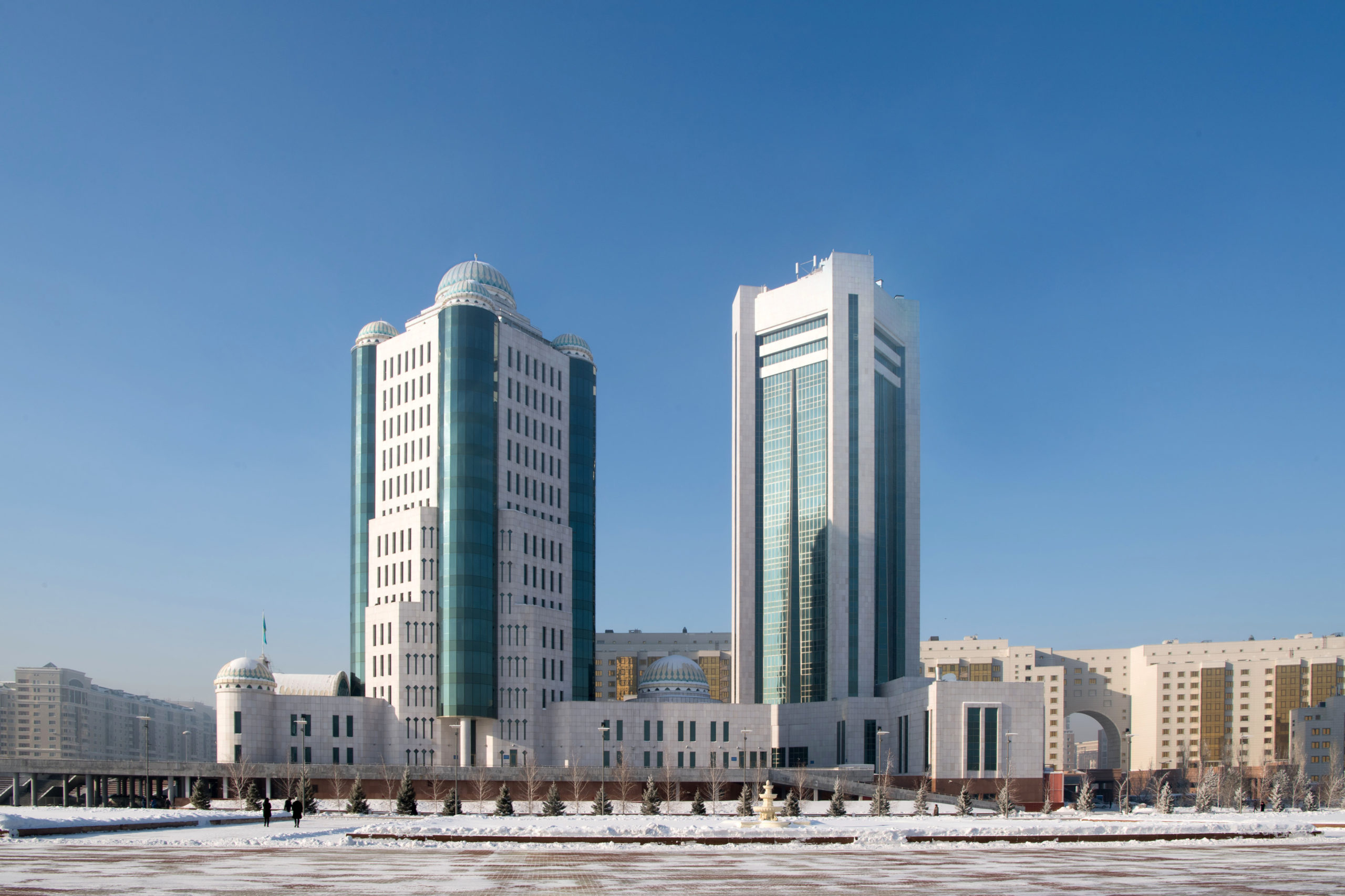NUR-SULTAN – The Kazakh Government decreed Dec. 24 to establish the Institute of Parliamentarism under the Parliament to fulfill the instructions of the Kazakh President Kassym-Jomart Tokayev.

Photo credit: parlam.kz
In Tokayev’s state-of-the-nation address dated Sept. 2, 2019, he instructed to create an appropriate structure under the Parliament, which should improve the quality of laws. The government and the Parliament took measures to create the Institute of Parliamentarism.
The main activities of the institute will be the development and enhancement of parliamentarism through the analysis of the legislation (analysis of regulatory legal acts), the development of scientific concepts for the development of the legislation.
Similar institutions under legislative bodies operate in a number of developed countries. Their work is conditioned by the need to ensure the quality of the adopted laws. Thorough elaboration of bills requires specialized knowledge in specific areas.
The Institute of Parliamentarism will assist deputies in exercising their right to legislative initiative, including scientific substantiation of the need to amend legislation, introduce new norms, develop the bills themselves and, if necessary, prepare financial and economic calculations, as well as develop forecasts of possible economic, social, legal, environmental consequences implementation of laws. Here, together with the deputy corps, legislative norms will be worked out, alternative to the government options. This will contribute to a better elaboration of the adopted laws.
In addition, the new structure will study legal ways to improve the efficiency of public administration, prepare proposals to optimize the legislative regulation of economic and public life, and analyze the effectiveness of the current legislation.
The institute will also conduct sociological and expert polls in society to develop proposals for improving legislation, study the experience of parliamentarians from developed foreign countries.
In the coming period, the new institute will go through the state registration procedure, and its charter will be approved. The activities of the institute will not require additional financial costs. They are included within envisaged budgetary costs.
